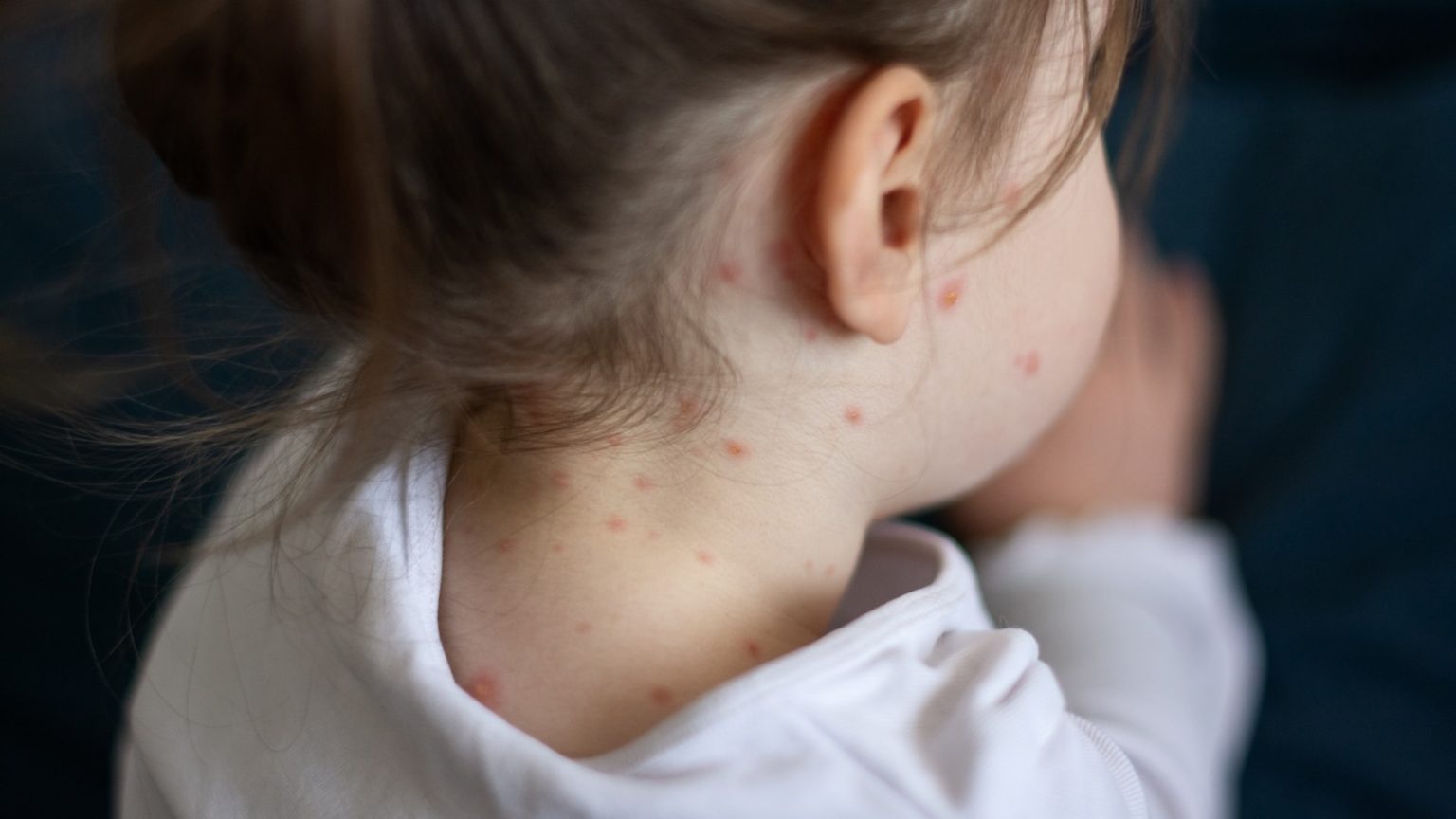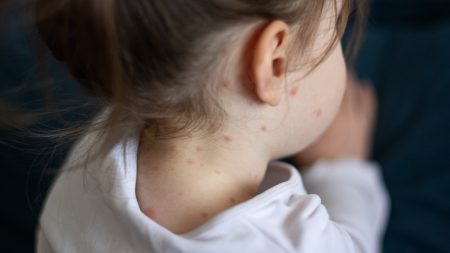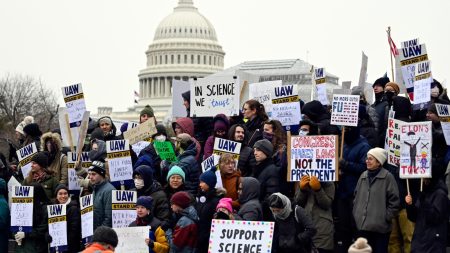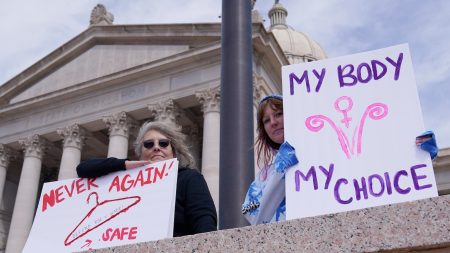Rising Measles Cases in the U.S.: A Growing Public Health Concern
Measles cases are on the rise in the United States, with infections confirmed in at least five states so far this year. States affected include Alaska, Georgia, New York City, Rhode Island, and Texas. According to the Centers for Disease Control and Prevention (CDC), the majority of these cases involve individuals who have not been vaccinated against measles. This concerning trend highlights a growing public health issue in the country, particularly as vaccination rates lag and misinformation about vaccines continues to spread.
A Major Outbreak in Texas
One of the most concerning outbreaks is occurring in western Texas, where at least 24 cases of measles have been reported in Gaines County, near the border with New Mexico. All of these cases involve unvaccinated individuals, and at least nine patients have been hospitalized. Two cases are among adults aged 18 and older, while the rest are among children and adolescents. The Texas Department of State Health Services (DSHS) has warned that additional cases are likely due to the highly contagious nature of measles. The rapid spread of the disease in this region underscores the vulnerability of communities with low vaccination rates.
Declining Vaccination Rates and the Role of Exemptions
The spike in measles cases in Texas is closely linked to declining vaccination rates in the affected communities. In Gaines County, the epicenter of the outbreak, vaccine exemptions among children have risen dramatically over the past decade. In 2013, roughly 7.5% of kindergarteners had parents or guardians who filed for a vaccine exemption. By 2023, that number had skyrocketed to more than 17.5%, making it one of the highest exemption rates in Texas.
The trend is even more stark at the local level. At Loop Independent School District (ISD) in Gaines County, the percentage of students receiving conscientious exemptions for at least one vaccine jumped from 13.08% during the 2018-19 school year to a staggering 47.95% during the 2023-24 school year. These rising exemption rates have created pockets of vulnerability where infectious diseases like measles can spread quickly.
Measles Cases Emerging Across the Country
The measles outbreak in Texas is part of a broader national trend. The CDC has confirmed 14 cases of measles across the U.S. this year, though this number does not include the most recent cases reported in Texas and Georgia. Every single case involves someone who is either unvaccinated or whose vaccination status is unknown.
In Georgia, public health officials recently confirmed two additional measles cases in metro Atlanta among unvaccinated family members of a case reported earlier this year in January. Health officials are urging parents to ensure their children are vaccinated against measles, mumps, and rubella (MMR). The CDC recommends that children receive two doses of the MMR vaccine—the first at 12 to 15 months old and the second between ages 4 and 6. One dose of the vaccine is 93% effective, while two doses boost efficacy to 97%.
The Impact of Misinformation and Vaccine Hesitancy
The rise in measles cases comes amid a backdrop of growing vaccine hesitancy in the U.S. Nationwide vaccination rates for childhood vaccines, including the MMR vaccine, have been declining slightly in recent years. According to a November 2023 CDC report, about 93% of kindergarteners received routine childhood vaccines, including the MMR vaccine, during the 2022-23 school year. This rate is comparable to the previous year but lower than the 94% seen in the 2020-21 school year and the 95% seen in the 2019-20 school year, before the COVID-19 pandemic disrupted routine vaccination efforts.
The decline in vaccination rates is further complicated by the spread of misinformation about vaccines. For example, Robert F. Kennedy Jr., a prominent anti-vaccine advocate, has falsely claimed that the MMR vaccine causes autism, despite overwhelming scientific evidence to the contrary. Kennedy’s statements have been widely discredited by health experts, but they continue to influence public perception and contribute to vaccine hesitancy.
The Importance of Vaccination in Preventing Measles
Measles is one of the most contagious diseases known to humans. According to the CDC, just one infected person can spread the virus to up to nine out of 10 susceptible close contacts, especially if those contacts are not vaccinated. The disease can cause a range of complications, from mild rashes to severe conditions like viral sepsis, pneumonia, or brain swelling (encephalitis).
The rising number of measles cases in the U.S. serves as a stark reminder of the importance of vaccination in protecting public health. As vaccination rates continue to lag and misinformation about vaccines spreads, the risk of measles outbreaks will only grow. It is more important than ever for parents, healthcare providers, and policymakers to emphasize the safety and efficacy of vaccines and work to address barriers to vaccination. By doing so, we can prevent further outbreaks and protect vulnerable communities from the devastating impact of measles.















